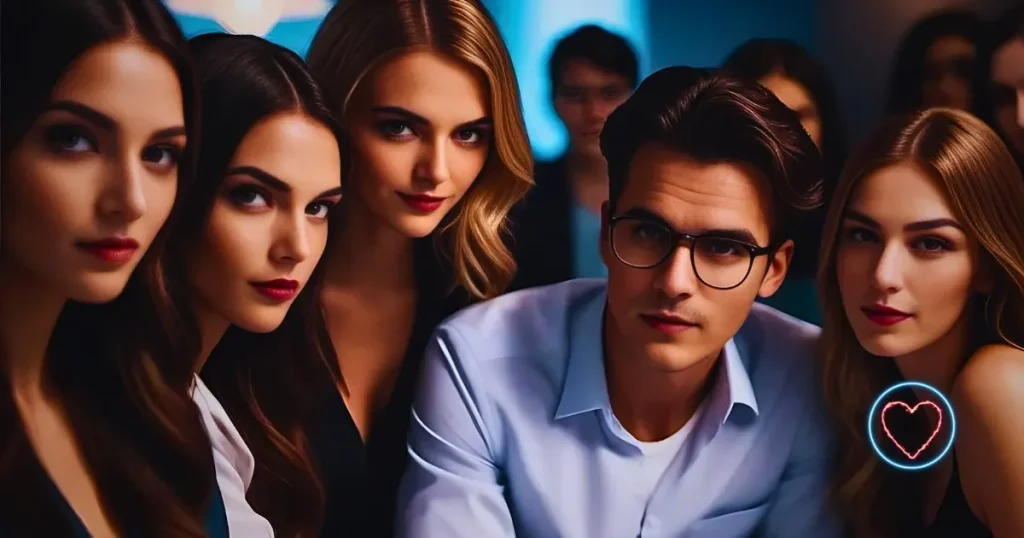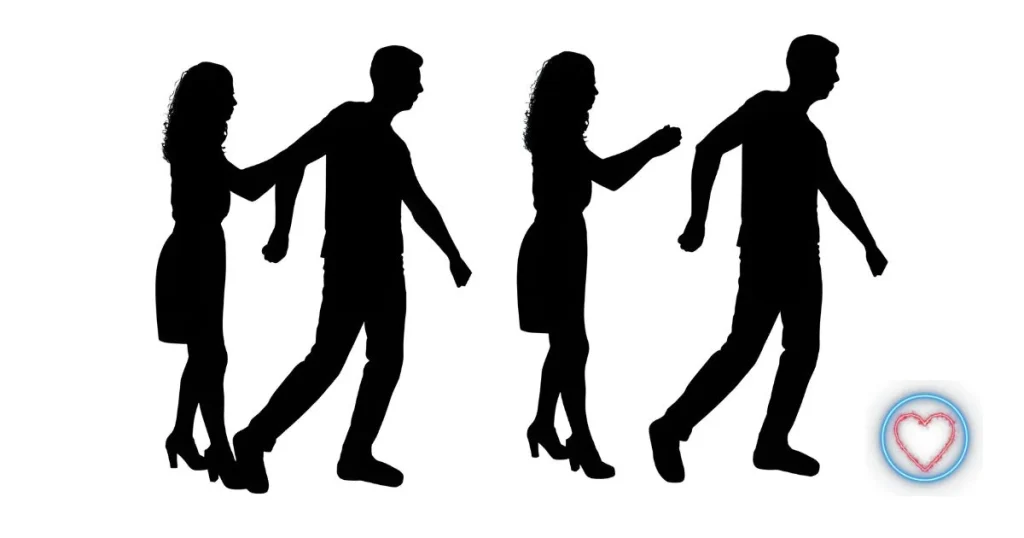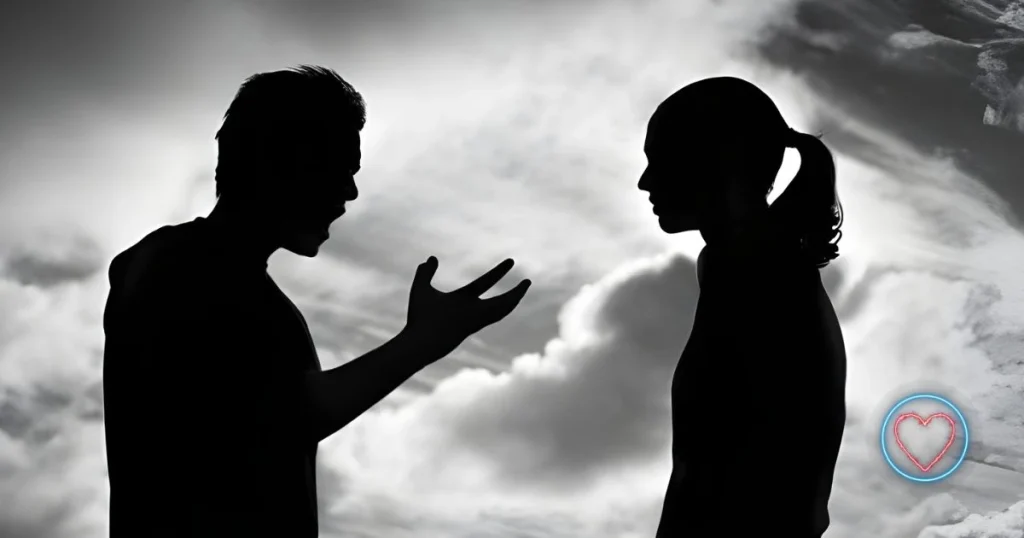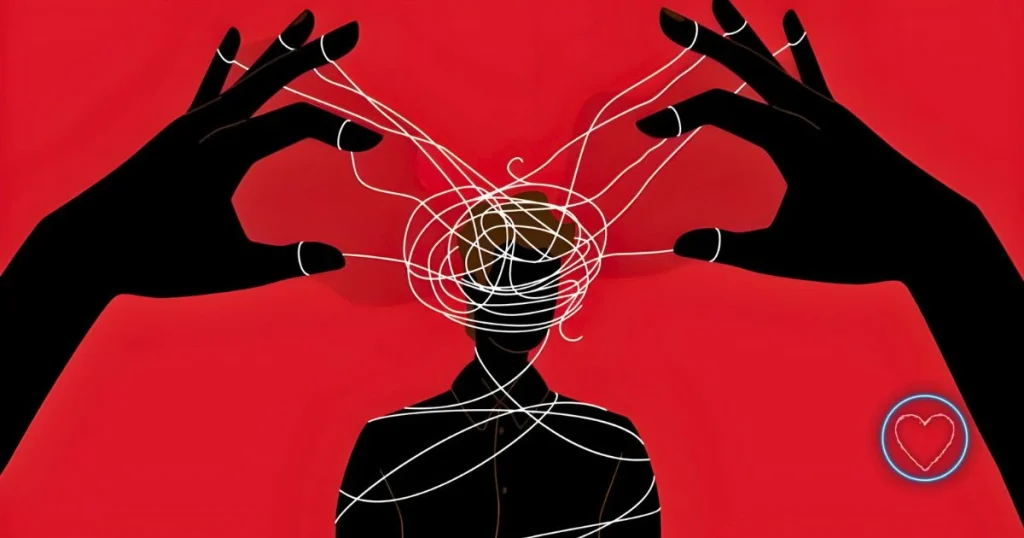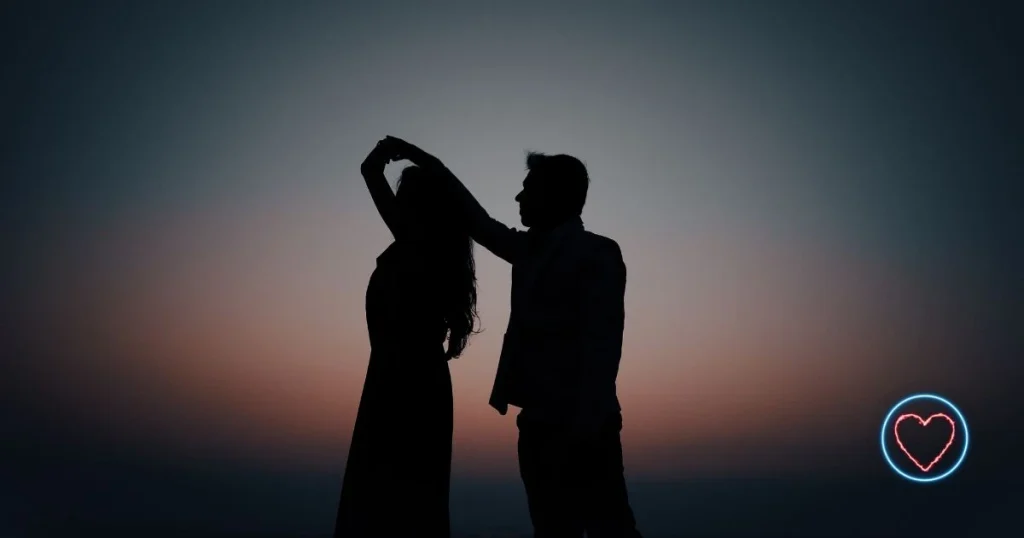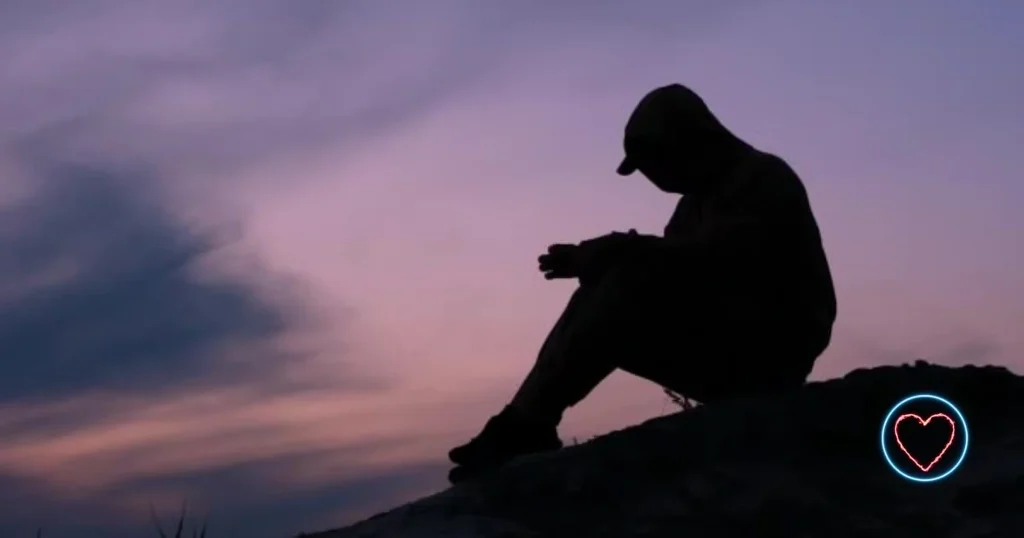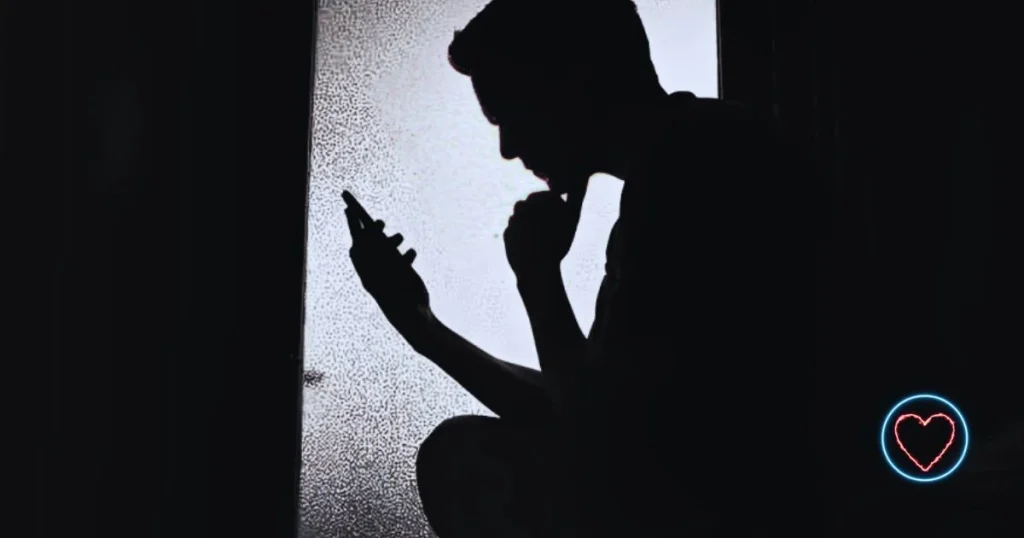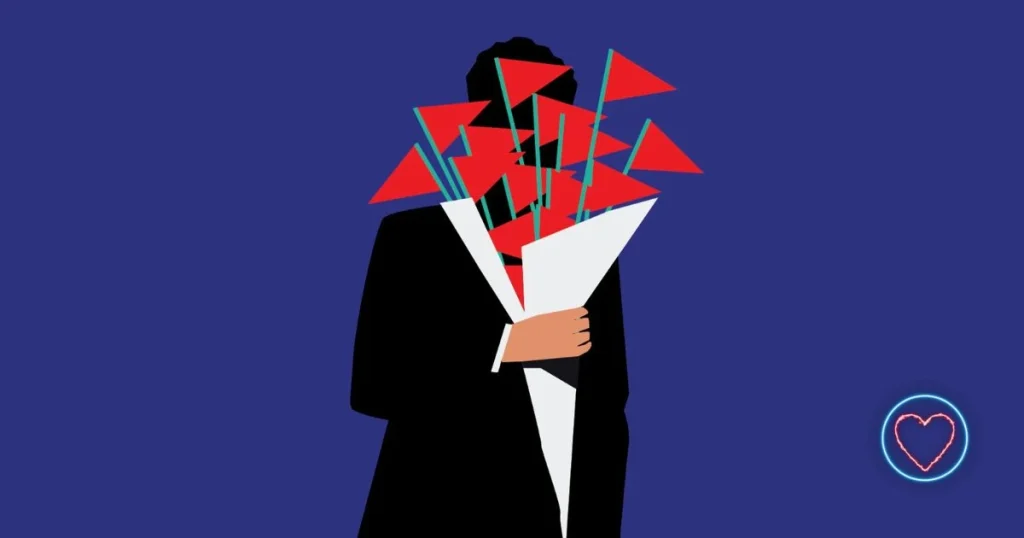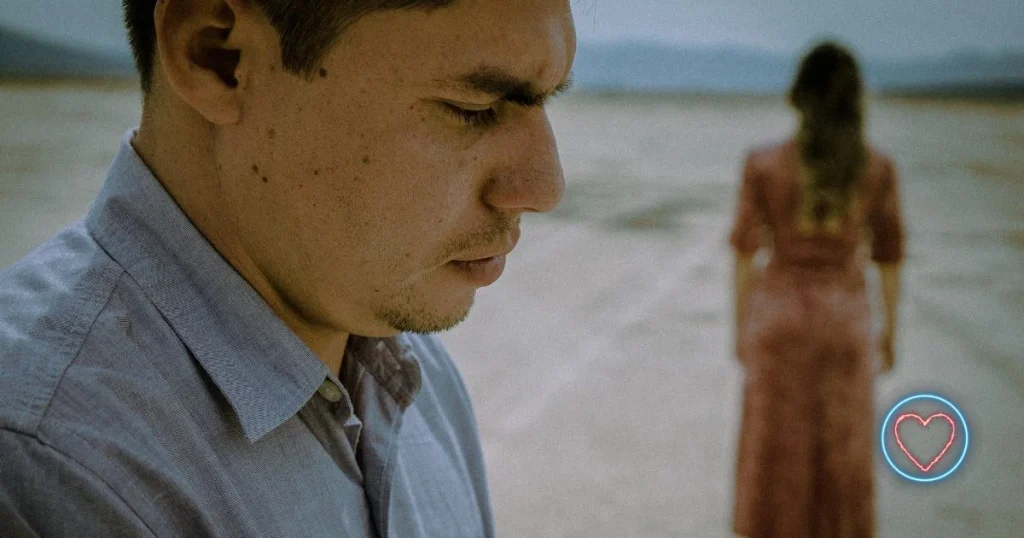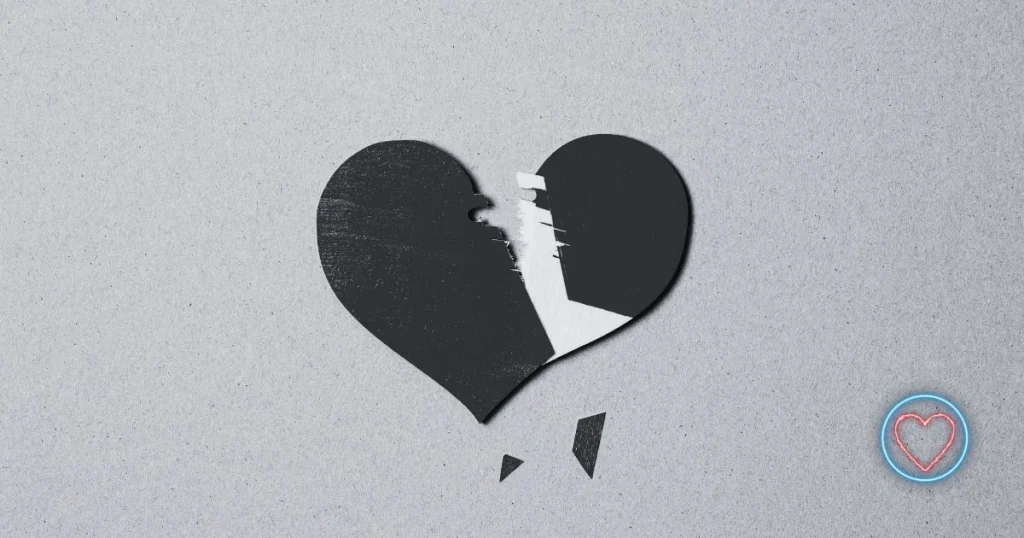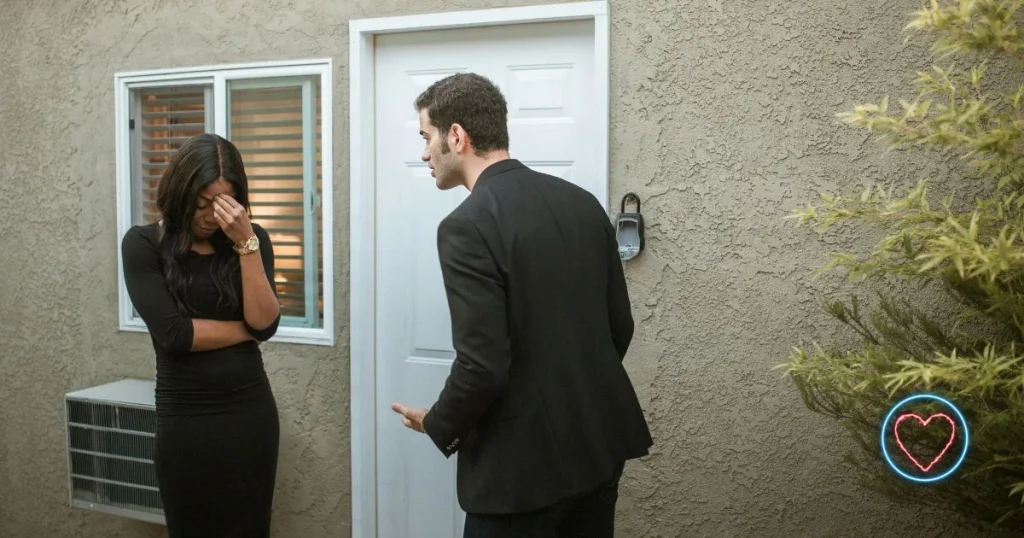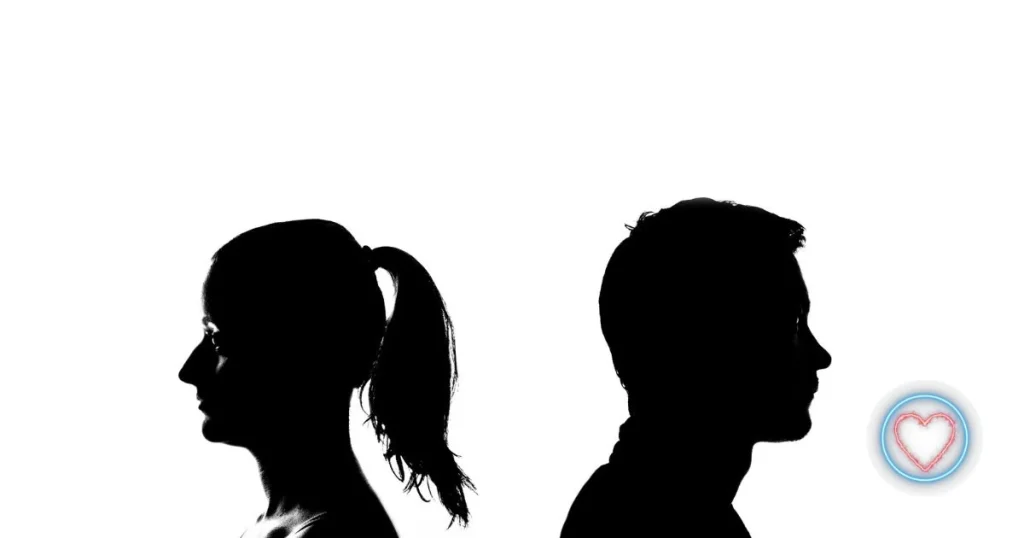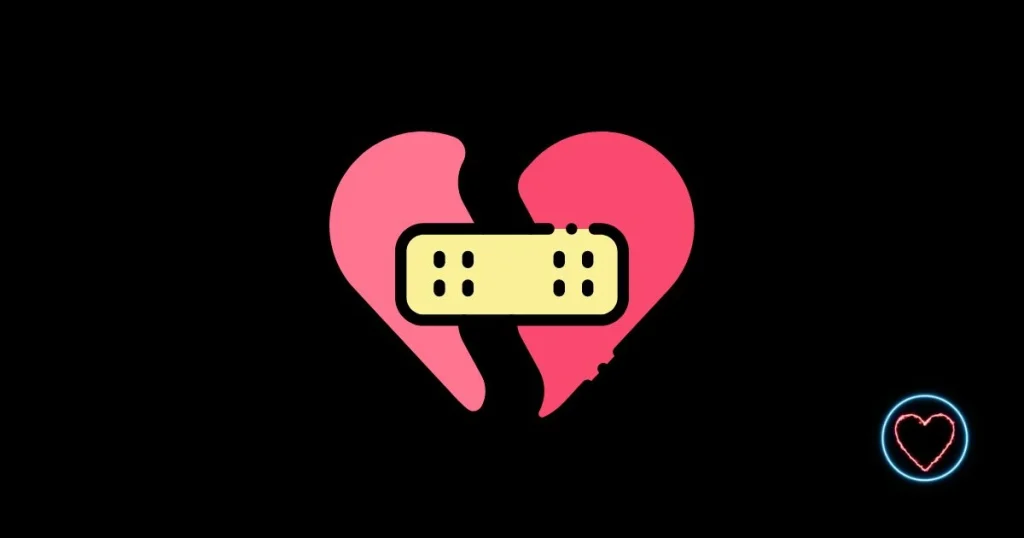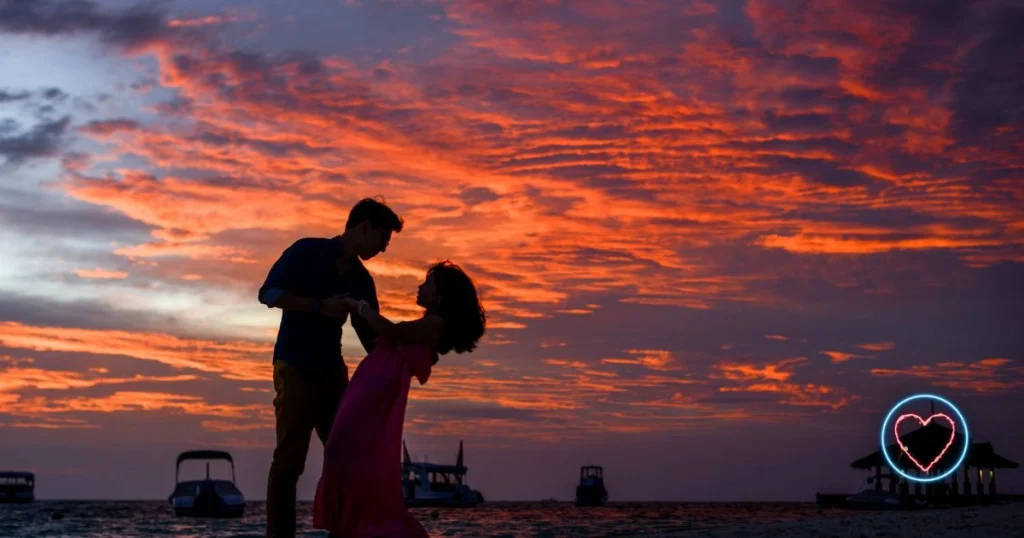Introduction: The Illusion of Infinite Possibilities
In the age of dating apps and social media, romantic prospects seem limitless. With thousands of potential partners just a swipe away, finding love should theoretically be easier than ever. Yet, rather than leading to greater satisfaction, this abundance of choice has created a dating crisis—one where commitment feels impossible, expectations are unrealistically high, and genuine connections are harder to form.
This phenomenon, known as the paradox of choice, suggests that while more options appear beneficial, they often lead to decision fatigue, dissatisfaction, and romantic paralysis.
Key Questions This Article Explores:
- How does excessive choice impact modern dating behavior?
- Why do people struggle to commit when they have so many options?
- What psychological effects does endless swiping have on relationships?
- Can we overcome this paradox to build more meaningful connections?
1. The Psychology Behind the Paradox of Choice
The concept of the paradox of choice was popularized by psychologist Barry Schwartz, who argued that while some choice is good, too much leads to anxiety and regret. In dating, this manifests in several ways:
A. Decision Fatigue
- The brain becomes overwhelmed when evaluating too many potential partners.
- Studies show that after assessing more than 5-7 profiles, people’s selection quality declines.
- Result: Many daters swipe endlessly but rarely message or meet in person.
B. Fear of Missing Out (FOMO)
- The belief that someone better is always available prevents commitment.
- A 2020 study in Social Psychological and Personality Science found that daters with more options reported lower satisfaction with their matches.
C. Maximizing vs. Satisficing
- Maximizers (those who seek the “perfect” partner) are less happy than satisficers (those who settle for “good enough”).
- Dating apps encourage maximizing behavior, making users perpetually unsatisfied.
2. How Dating Apps Amplify the Problem
Dating platforms like Tinder, Bumble, and Hinge are designed to keep users swiping, not necessarily to help them find lasting relationships.
A. The “Supermarket of Love” Effect
- People evaluate potential partners like products, focusing on checklists (height, job, hobbies) rather than emotional connection.
- A Journal of Social and Personal Relationships study found that algorithmic matching reduces organic chemistry.
B. The Disposable Dating Mindset
- With endless backups, people give up easily at the first sign of conflict.
- Ghosting and breadcrumbing become normalized because there’s always another match.
C. The Illusion of Perfection
- Curated profiles create unrealistic expectations.
- Many daters hold out for an idealized partner who doesn’t exist.
3. The Consequences: Why Modern Dating Feels Broken
The paradox of choice doesn’t just make dating harder—it rewires how we approach relationships entirely.
A. Decline in Long-Term Commitment
- Marriage rates are at historic lows, while situationships (undefined relationships) are rising.
- People delay settling down because they believe a better option might appear.
B. Increased Loneliness and Anxiety
- A 2023 American Psychological Association report linked excessive dating app use to higher rates of loneliness and depression.
- Constant comparison leads to lower self-esteem.
C. Shallow Connections
- With so many options, people invest less effort in getting to know one person deeply.
- Conversations stay surface-level because there’s always another swipe.
4. How to Overcome the Paradox of Choice
While the digital dating world isn’t going away, there are ways to navigate it more mindfully.
A. Limit Your Options
- Set a daily swipe limit (e.g., 10 profiles per day).
- Focus on quality over quantity—pause swiping once you have a few good conversations.
B. Shift from Maximizing to Satisficing
- Accept that no partner will be perfect.
- Look for compatibility rather than checking every box.
C. Take Breaks from Dating Apps
- Periodic detoxes help reset expectations.
- Try meeting people organically (through hobbies, friends, or events).
D. Practice “Slow Dating”
- Invest in fewer, more meaningful conversations.
- Meet in person sooner to assess chemistry beyond a profile.
Conclusion: Choosing to Commit in an Age of Endless Options
The paradox of choice has turned modern dating into a high-volume, low-reward experience. While technology provides unprecedented access to potential partners, it has also made us more picky, less patient, and ironically, lonelier.
The solution isn’t to reject dating apps entirely but to use them intentionally—recognizing that more options don’t always lead to better outcomes. By focusing on depth over breadth, we can escape the swipe-cycle trap and build real, lasting connections.
Final Thought: Sometimes, the secret to finding love isn’t having endless choices—it’s knowing when to stop looking.
Key Takeaways
✔️ Too many options cause decision fatigue and dissatisfaction.
✔️ Dating apps encourage a disposable mindset toward relationships.
✔️ Maximizing behavior leads to perpetual unhappiness in dating.
✔️ Limiting choices and focusing on depth can improve romantic outcomes.
✔️ Taking breaks from apps helps reset unrealistic expectations.
